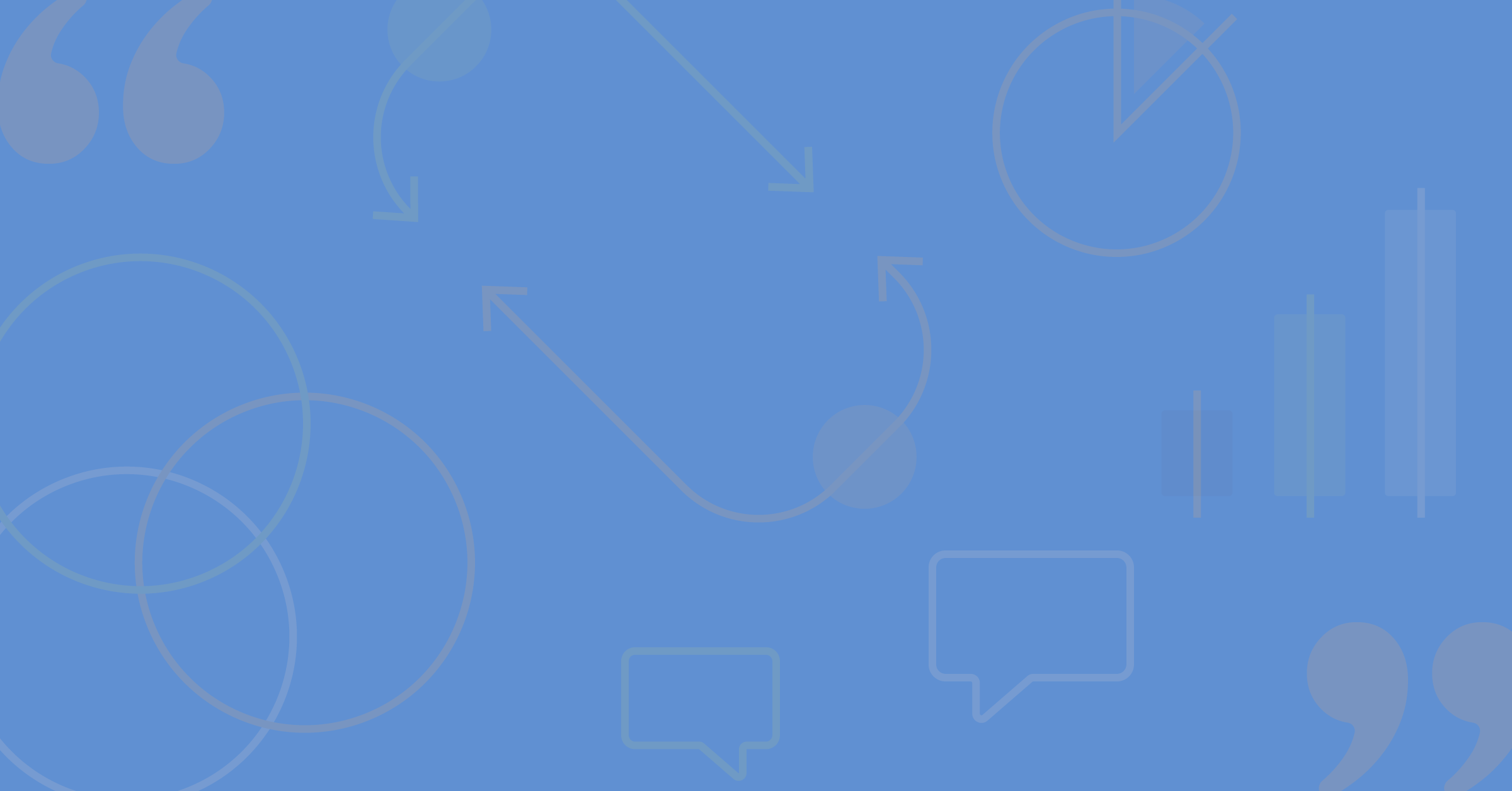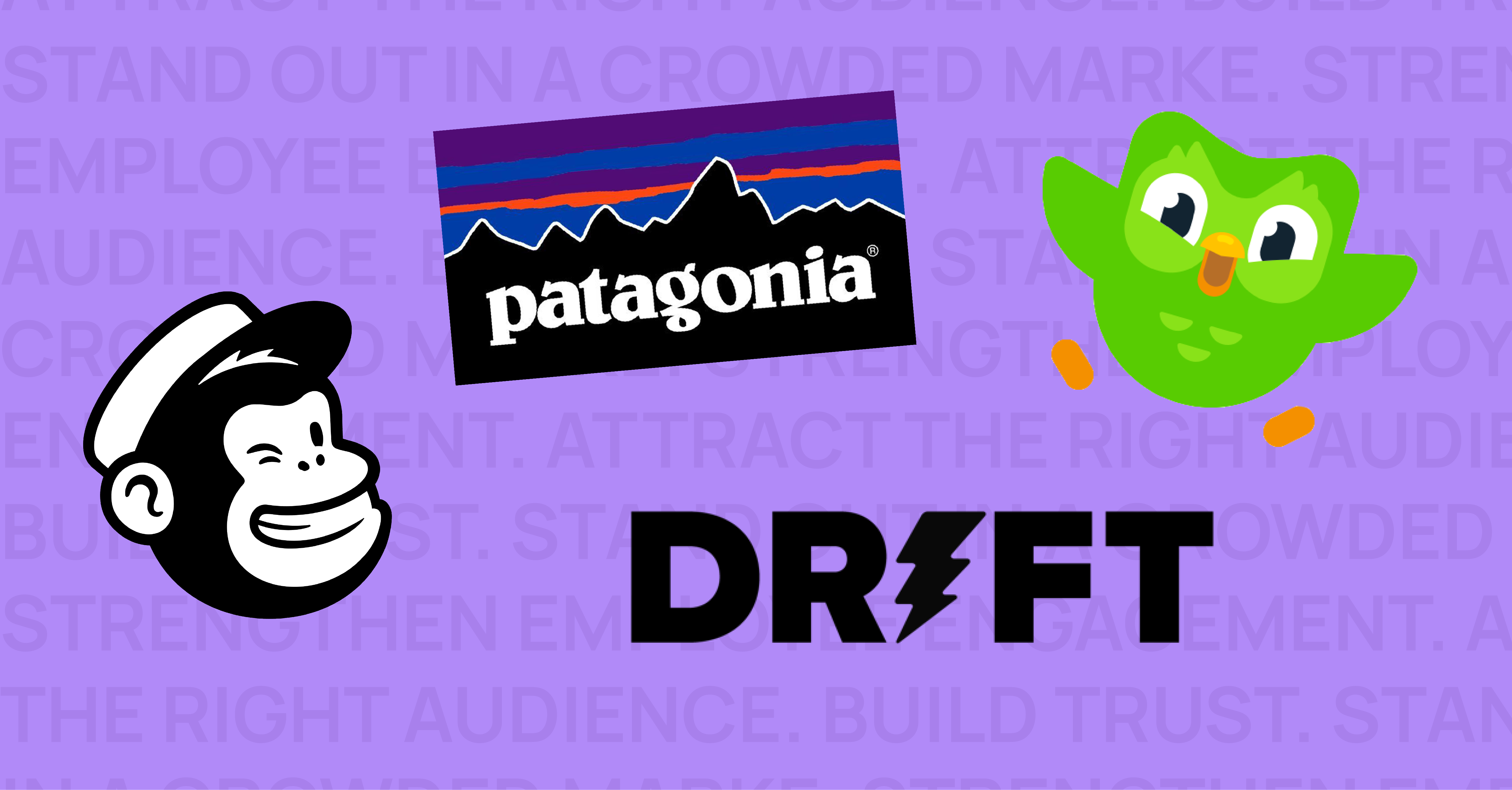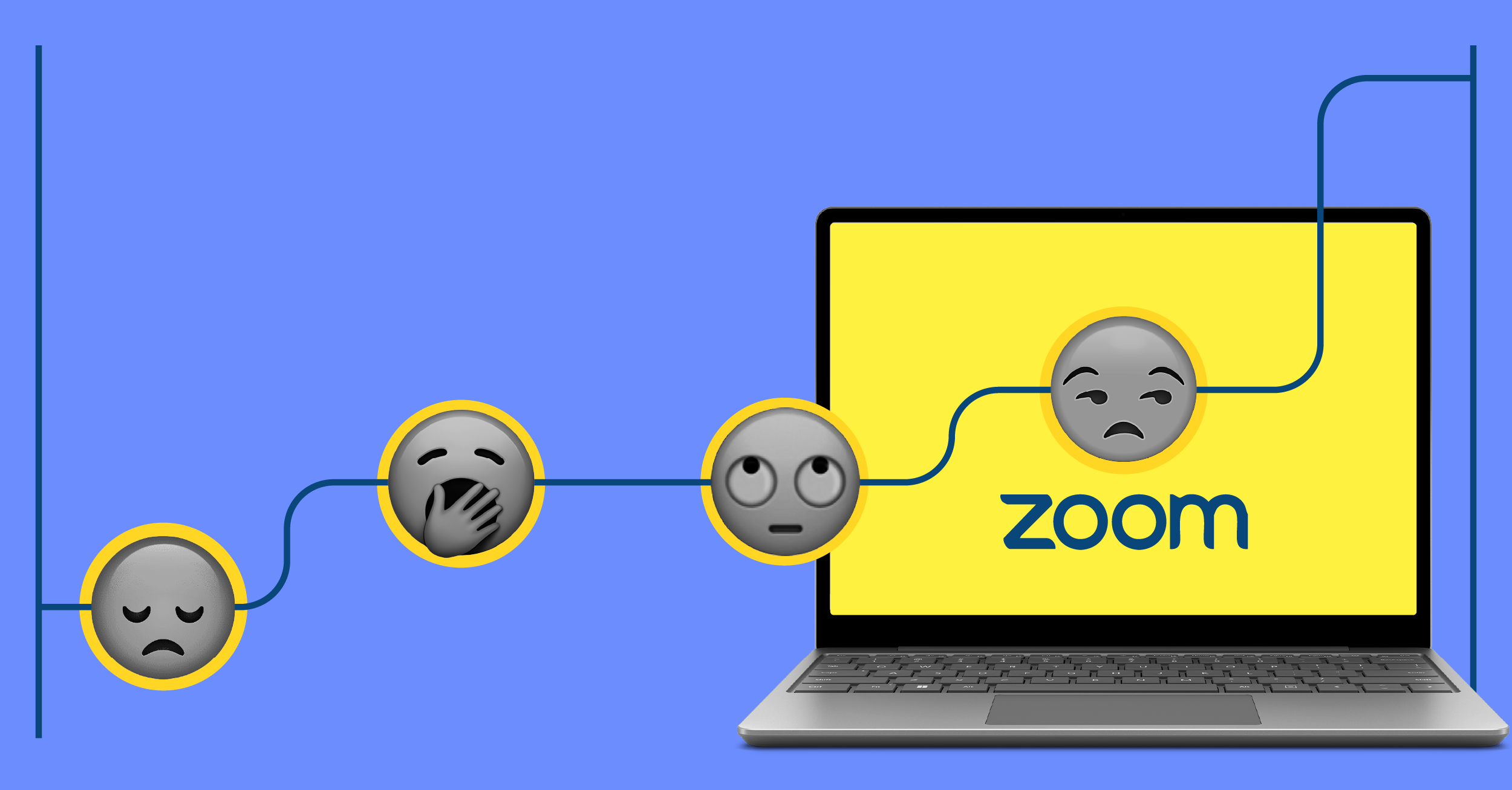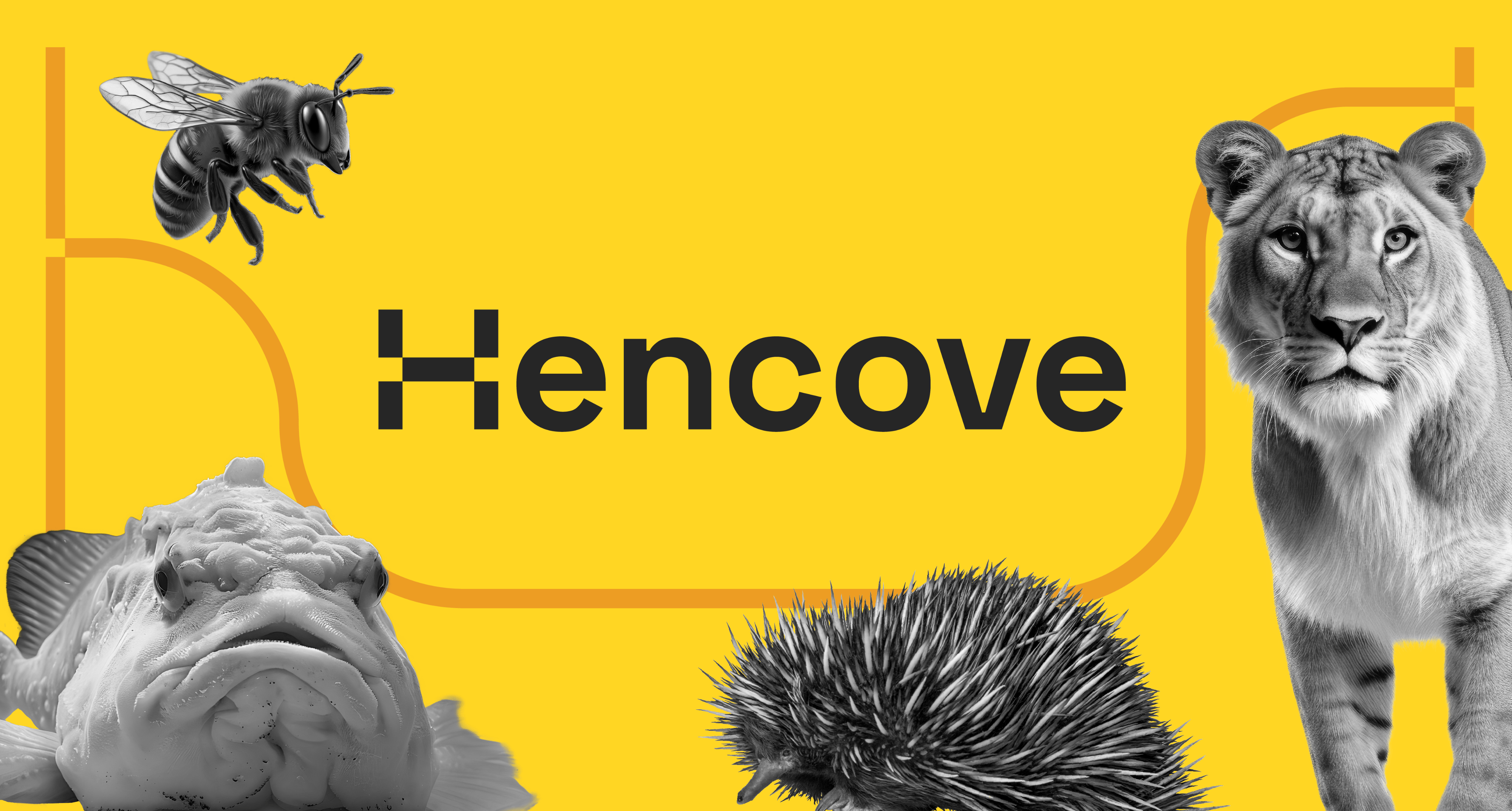At Hencove, we take pride in building and sustaining meaningful relationships. And we’re always delighted when clients and colleagues feel the same way. Olivia Armstrong was a stellar marketer at Hencove, serving as a trusted advisor to our clients for nearly six years and has remained in close contact with our team since leaving the ‘Cove, even participating in a recent Hencove Lunch-‘n-Learn on the latest strategies in search engine optimization. In 2021, after considerable soul-searching to determine what type of role and organization she sought after Hencove, Olivia joined Microsoft as a Senior Product Marketing Manager doing audience marketing and customer journey in the cybersecurity division.
I had the pleasure of sitting down with Olivia recently, and with her infectious smile lighting up the Zoom box, we chatted about all the things—why she chose marketing, how agency life prepared her for the corporate world, her experiences with DE&I in a professional setting, what excites her about the future of marketing, and much more.
Mel: Now that you’ve built a successful career in marketing, do you look back and think, how did I get here? Did you always want to work in marketing? When did that spark ignite?
Olivia: I was that person who knew they wanted to work in marketing since age 11. At the time, my dad was a pastor and we belonged to a church that had an older congregation. Since he was younger than most of the congregation, the church asked him to help them rebrand. Coincidentally, the lady who used to babysit me worked at a PR firm, and the church hired her firm to do the rebranding work. As an only child, I spent a lot of time at the church with my dad and sat in on meetings. I specifically recall when they presented new brand concepts—a new logo, new font, new everything—and I remember thinking, ‘this is what I want to do.’ After high school, I decided to attend William & Mary because it had the best undergraduate marketing program at the time. Later, I went on to grad school for public relations and then joined Hencove.
Mel: How did working at an agency help prepare you for your new corporate role?
Olivia: Oh my gosh, in a lot of ways. First, working at Hencove taught me how to work quickly without sacrificing quality. I learned how to be thorough and produce a good product, even with a tight deadline. Recently, my new boss said she was impressed with my ability to dive right in and get to work, and I attribute that skill to Hencove. Also, since I was part of a small team at Hencove, I wore multiple hats and learned how to move seamlessly from one project or client to another. Within a span of a few hours, I may have written social post copy, brainstormed blog topics, and planned a digital marketing campaign—I could successfully pivot from one subject matter to another, and from one marketing activity to the next. Now, as an outbound product marketer, I focus on a single subject matter and build one comprehensive marketing plan. Also, I work with different internal teams that execute the marketing tactics. It’s great because I’ve been in their shoes, so I’m able to provide valuable direction and feedback.
Mel: What advice would you give to someone early in their marketing career?
Olivia: Sit in as many meetings as possible. When I was onboarding at Microsoft, I asked to be a fly on the wall in every meeting that I could find out about. I think it’s the best way to learn about the company and clients, about other teams and what they do, and how people think. It’s important to listen to others and absorb the higher-level, strategic thinking that happens in meetings.
Mel: Is your team feeling the effects of the current economic environment?
Olivia: Since it’s public, I can share that we’ve had some layoffs, just like a lot of other tech companies. Fortunately, I work in the security group and that’s an area where we’re growing. But one marketing theme that has risen to the top is the concept of “do more with less,” and we’re threading this messaging through everything. We can’t ignore the fact that our customers are feeling the effects of a possible recession, and we’re being conscious of that in our marketing. In terms of our security products, one study showed that companies can save up to 60% by using all Microsoft security solutions rather than multiple point solutions—this is one example of doing more with less that we’re highlighting.
Mel: Can you describe your experience with diversity, equity, and inclusion (DE&I) in the workplace?
Olivia: As a Black woman, I experience what it’s like to be a different voice in the workplace every day. I’ll say, I’ve been very impressed with Microsoft so far. I expected it to be a little bit more challenging than it is. For the most part, people respect confidence and intelligence more than anything else—and that’s been wonderful. Of course, since it’s a large corporation, there’s some hierarchy stuff, but I get the sense that it’s purely level-based and not race-based. For example, if someone is a General Manager, their opinion carries massive weight, but it’s clearly because of their level in the organization, not because of their race or ethnicity.
Mel: What are the differences—perhaps pros and cons, opportunities or challenges—between DE&I at a small company and at a large company?
Olivia: By far the biggest difference is having the resources. It’s much easier at a large corporation because they have the bandwidth and funds to program DE&I. At Microsoft, there’s an entire team dedicated to keeping diverse employees happy. Outside of that, they do a great job of creating promotion pathways, working with college students, and recruiting diverse talent. At a small company like Hencove, it has to be everybody’s responsibility and you need to be more intentional about putting in the work.
Mel: What advice would you give to a colleague that wants to help support DE&I efforts but isn’t sure where to start?
Olivia: Think outside of yourself. And know that we all have some work to do. A colleague once let me know that a phrase I used to say periodically was offensive. Of course, once I learned what it meant, I took it out of my vocabulary. So, start by examining the phrases you use, especially anything that sounds colloquial or slang or something your family has always said. Be mindful and be curious. However, while this is a good place to start, it won’t change your perception and biases. It’s also important to intentionally build relationships with people who are different from you.
Mel: What do you miss, if anything, about working at an agency?
Olivia: I definitely miss the close personal relationships that I was able to make at a small agency like Hencove. I also miss having control over outputs. At a large company, there are so many other teams involved in making decisions and executing work. Now when I have an idea, I’m not always directly executing the final product—this is something I’m still getting used to.
Mel: What advice would you give to individuals on both sides of the agency-client relationship for building and maintaining healthy, productive, collaborative relationships?
Olivia: It’s all about being partners. On the client side, trust your agency partners. Remember that you hired them for a reason, and you can continue to educate them about your business along the way, but don’t just lob work over the fence. On the agency side, view yourself as a partner, not as subservient. Think of yourself as part of the client’s team. At the end of the day, you’re all working towards the same goal.
Mel: Tell me about a time when you had to deal with a difficult client.
Olivia: The most challenging clients were the ones that didn’t listen to Hencove’s advice and guidance. It was their way or the highway, and they basically wanted order-takers. I didn’t do well with these types of relationships. Earlier in my career, I didn’t feel empowered to speak up. Eventually, I started to feel more comfortable pushing back, respectfully, because I had learned more about marketing. Also, I learned to make suggestions based on data—both qualitative and quantitative.
Mel: What excites you about the future of B2B marketing?
Olivia: I’m intrigued by the concept of audience marketing. There’s an intense focus on what the audience wants, not what we want or what we think is best. I don’t know if it’s necessarily the future of marketing, but I think it should be a best practice moving forward. Especially at agencies, I think it’s easy to get hung up on, ‘what’s best for my client?’ But it’s more important to think about what’s best for the client’s audiences—prospective customers, current customers, future employees, investors, boards, whoever. I suggest doing deep research on the customer and test any new messaging before you use it broadly. Ultimately, whatever is best for the customer will be best for the client’s business.
Mel: Before we go, is there anything else you want to add from your perspective as a Hencove alumna?
Olivia: You guys can’t get rid of me! In all seriousness, I think some people view leaving a job as burning a bridge, but at Hencove the door is always open. Daniel and his team prioritize relationships over the work, which is really unique and special.
Thank you for taking the time to speak with me, Olivia. Our team values your thoughtful insights, and we appreciate the mutual feeling to maintain a meaningful relationship for years to come!



